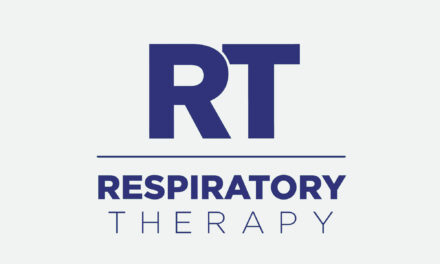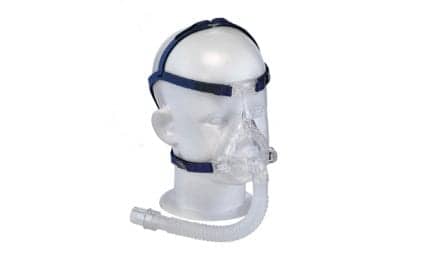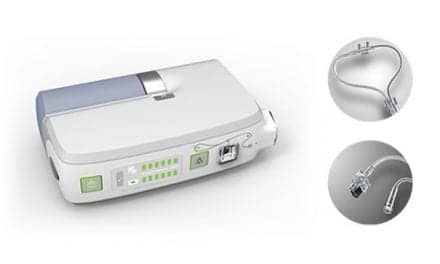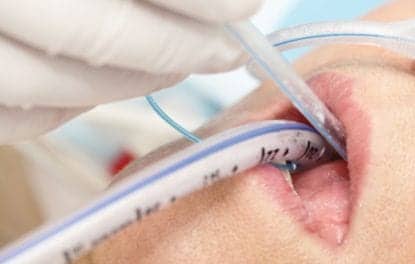Chronic rhinitis patients treated with the Neuromark System demonstrated significant improvement in rhinorrhea and nasal congestion symptoms at 3 months, according to data published in Laryngoscope Investigative Otolaryngology.
Approximately one in four Americans have chronic rhinitis, a condition that results in persistent congestion, rhinorrhea (runny nose), sneezing, and nasal itching caused by inflammation and swelling of the mucosal membrane in the nose.
The Neuromark System received FDA clearance in November 2021 and Neurent Medical announced the limited market release of the system in February 2023. The device is indicated for use in otorhinolaryngology (ENT) surgery and designed to gently apply controlled low-power radio frequency (RF) energy to target regions of the nasal cavity, disrupting the parasympathetic nerve signals that can trigger an inflammatory response.
Neurent Medical’s CLARITY study — a prospective, single-arm, multicenter safety and efficacy study of the Neuromark System — enrolled 36 participants and all completed follow-ups at one and three months. Primary endpoints were device-related serious adverse events (SAEs) at 1 month and change from baseline in visual analog scale nasal symptom scale (VAS NSS) for rhinorrhea and nasal congestion at 3 months. Total Nasal Symptom Score (rTNSS) and mini Rhinoconjunctivitis Quality of Life Questionnaire (mini RQLQ) score were also evaluated.
The data demonstrated the following benefits of Neuromark System’s posterior nasal nerve (PNN) ablation procedure at 3 months post procedure:
- The mean VAS NSS scores for rhinorrhea and nasal congestion significantly improved from baseline (both p<0.0001), achieving a mean percent change of 53% and 55%, respectively.
- Total rTNSS scores and all individual items demonstrated significant improvement (all p<0.001).
- Percent responder rate (≥30% reduction from baseline in total rTNSS) was 78%.
- Total mean mini RQLQ scores and all subdomains improved significantly (p<0.0001).
- 89% of participants reported a minimal clinically important difference (MCID) of ≥0.4 point improvement in the mini RQLQ score.
- No serious adverse events occurred during the study, and there were no reports of epistaxis or headaches.
“People living with chronic rhinitis have had limited options when traditional therapies fail. Other therapies on the market don’t always adequately address symptoms for every patient,” said Douglas D. Reh, MD, FARS, Otolaryngology Specialist at ENT Associates and the study’s principal investigator. “The data showed statistically significant and clinically meaningful improvement in symptoms and quality of life assessments at 3 months post Neuromark procedure.”
“We’re encouraged by the three-month CLARITY data demonstrating the safety, efficacy and relief from chronic rhinitis symptoms that can be achieved with Neuromark,” said Neurent Medical CEO Brian Shields. “I’m grateful to Dr. Reh and each of the study’s investigators for adding to the growing body of clinical evidence supporting PNN for these patients.”










